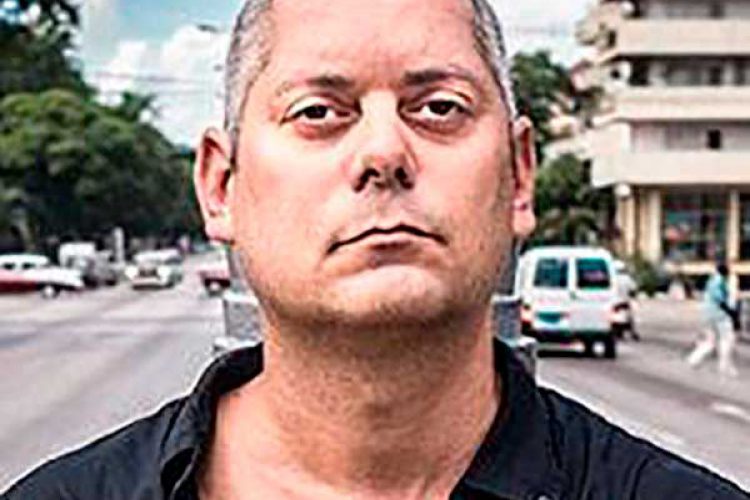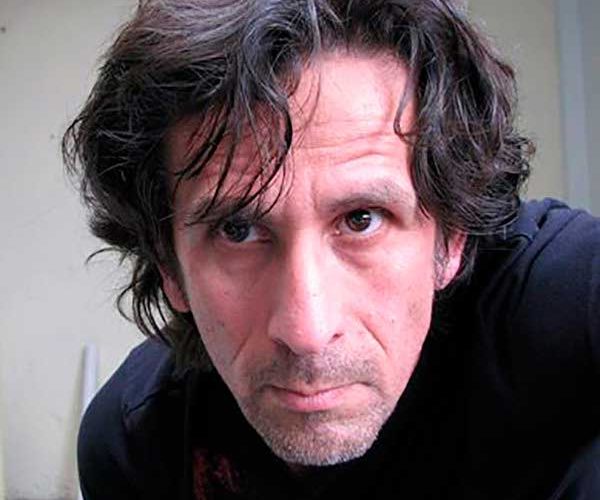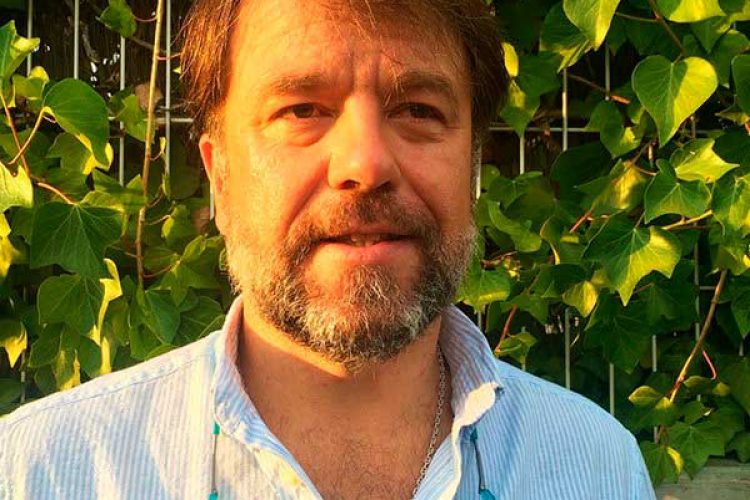Declaration of Guiltiness to the Senate
I
Politics is not
the last poet’s sky.
Not that fruit of the abyss
that reasonably absorbs
the pure dart, the untamed dream.
To submit to its weightless
fire discipline,
faithful to the letter to the bitter end,
drove the Egypt Sotades to end —so it’s said—
inside a box cast out to sea.
He had seen and touched —but put it down in verse—
the twilight of the despot.
Such voices are shorten by chance
to end isolated at bottom
that’s not oblivion yet
—though neither eternity—,
where they lose the vertical instinct,
communication.
II
Police cycles
under the sun disk
haven’t turned ripe
the sweetest wheat fields.
They have been separating,
instead, distil
the sour inner soil like a dim orchard
where fine smell wounds
bear with so good aspect.
Without risks, provided, the prophet
comes and lifts in time
the arch of his attention
farther
and farther from the dust.
III
From the repudiation to the shipwreck, to death, to that trail
left by politics,
arises this peace which is the heart in a fist.
This peace of incontestable conscience
to never be concerned about uncertain stings,
nor to become furious because of disparities
of pain, the lies or the injustice
—in the swarms threw on swarms—.
The circle infinity we must set before
a tiny truth,
transported not even on one of these hands.
The mirror stares at us
as at dark parasites.
To polish / To discard?
To desert / To flee?
We have only deeds,
minor cowardice:
literary techniques.
The failure, the circular sense
of each human phrase that has entered nature
just as a machine
can demolish and from inside arrive to harmony.
It was a live language
that of transcendence, the language of the mute.
IV
If Icarus had been
forgiven, turned aside from that obsession
of trespassing the light.
If he can return
and take place at a side
or above his deeds.
If his eyes are allowed
to wear away by the advance study
of what it was, what went wrong…
If Icarus occupies one day
his seat by God’s anvil
and attain to hammer
and to try and to choose
between chains of deeds and words…
To choose the fathomless perfection of the lost.
To choose the possible and consistent space
as the core of the inward afternoons
or the oblivion outside the labyrinth…
He should never accept, he is never to consent
someone to repeat in his stead
or hardly to remember the darken contingency
in which the eternal buzz of poetry
squashes,
humiliates and waits inside something
unbearably exact
like a
box
in
the
bottom
of
the sea.
Words in the Outdoors. Contemporary Cuban Social Poetry, Selection and prologue by Pedro Llanes and Silvia Padrón Jomet. Translated by Edelmis Anoceto Vega.




